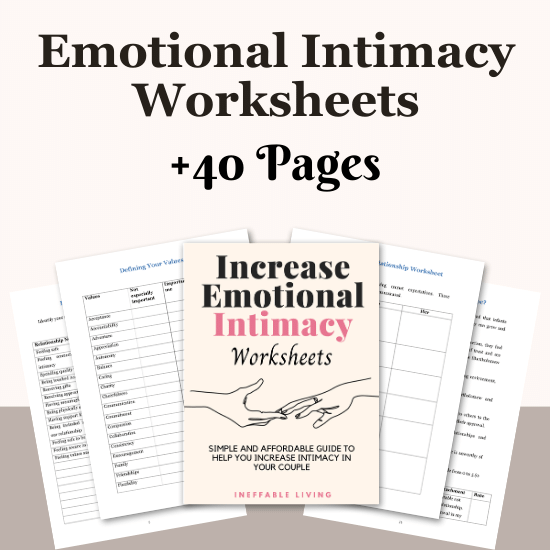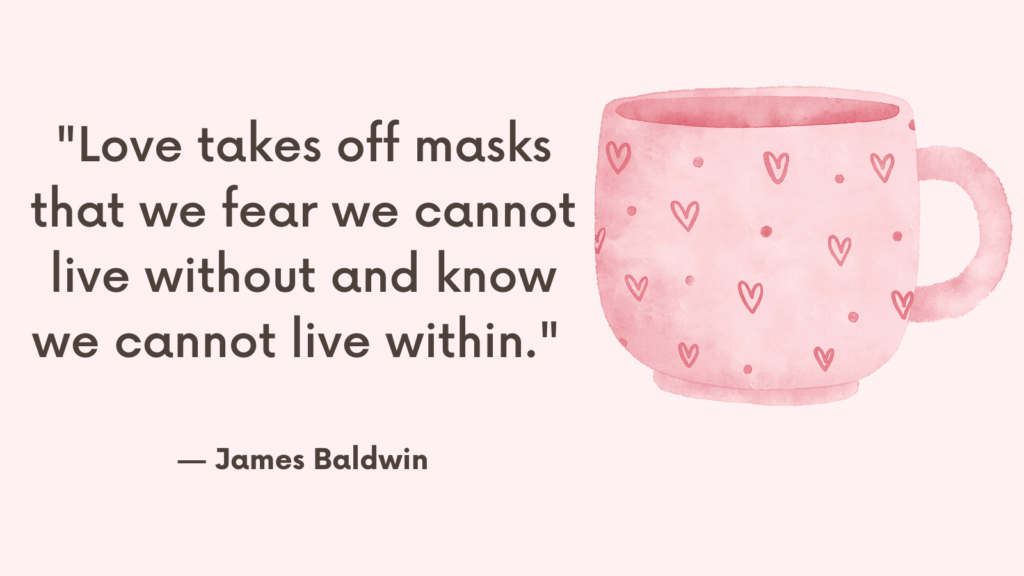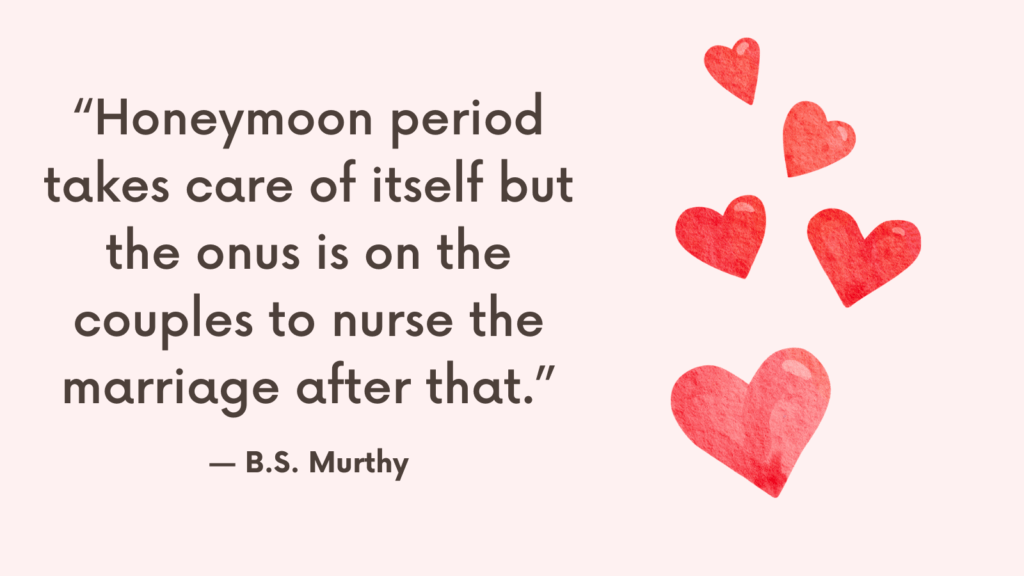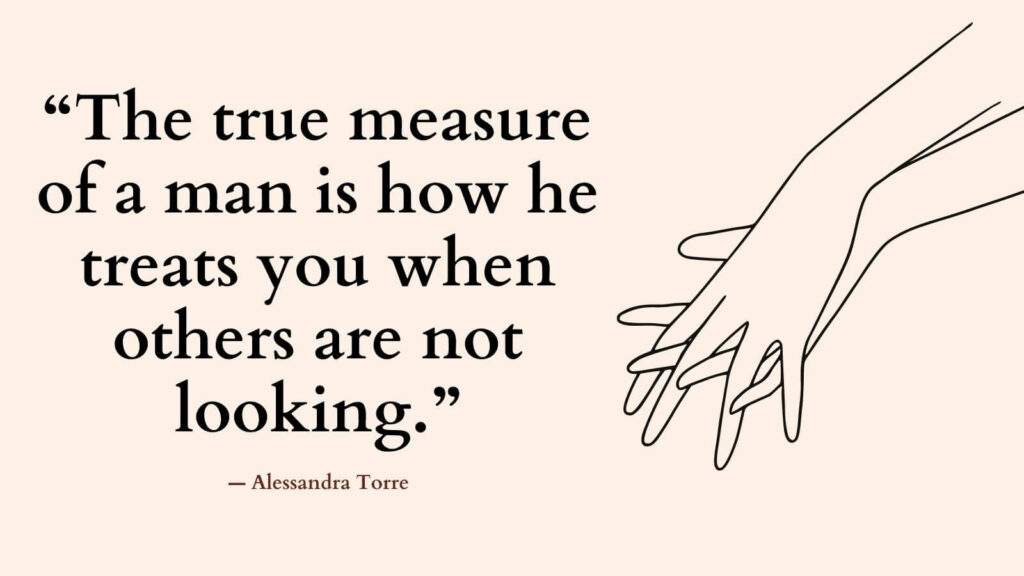You want a deep, healthy relationship. You know what you bring to the table, and you’re clear on what you’d like to receive in return. But somewhere along the way, you start wondering: Am I being too picky? Are my standards too high?
It’s a common fear — especially for people who’ve done healing work and learned to stop settling. You don’t want to feel rigid, but you also don’t want to lower your bar just to make something work. So how do you strike that balance?
Let’s break down how to set meaningful, non-negotiable standards while staying open, warm, and grounded in self-worth — not fear.
The Difference Between Standards and Checklists
First, it’s important to separate standards from preferences. Standards reflect your values — things like honesty, emotional safety, and communication. Checklists, on the other hand, might include superficial traits or idealized conditions that don’t always reflect deeper compatibility.
1. Standards Are About How You’re Treated
A good standard sounds like: “I want someone who is emotionally available and respects my boundaries.” It’s about behavior, not packaging.
2. Checklists Often Focus on External Details
When your list becomes overly focused on income, height, job title, or niche hobbies, you might be limiting connection based on narrow ideals.
3. Standards Help You Feel Safe
Your standards should make you feel more secure and seen in a relationship — not more anxious or performative.
Related: Top 10 Emotional Boundaries In Dating You Should Set From The First Date
Why You Feel “Too Picky” in the First Place
If you’ve ever felt like your standards are a problem, you’re not alone. This doubt often comes from internalized messages about worth, scarcity, or people-pleasing.
1. You’ve Been Taught to Prioritize Being Chosen
Many of us are conditioned to focus on being wanted — not on whether we want the other person. That flips your dating mindset into approval-seeking, not alignment.
2. You’ve Been Burned Before
If past relationships taught you that asking for more leads to rejection or abandonment, it can make you hesitant to assert your needs again.
3. You’ve Internalized Scarcity
If you’ve heard, “there aren’t many good people out there,” you might feel pressure to accept what’s available rather than what’s right for you.
How to Set Standards Without Feeling “Too Picky”?
1. Redefine What a “Standard” Actually Is
Standards are not about being demanding — they’re about knowing what keeps you emotionally safe, valued, and supported. They’re boundaries rooted in self-worth, not selfishness.
2. Distinguish Between Standards and Preferences
A preference is wanting someone tall. A standard is wanting someone kind. You can flex on preferences — but your standards should reflect your non-negotiable needs for emotional health.
3. Ask: “Does This Serve My Growth or Just My Ego?”
Healthy standards support your growth, peace, and well-being. Unhelpful ones often come from fear, fantasy, or external validation. Let your standards rise from your core needs, not surface-level pride.
4. Stop Apologizing for Wanting What You Want
You don’t owe anyone an explanation for wanting trust, safety, or mutual effort. These aren’t luxuries — they’re the bare minimum in emotionally mature relationships.
5. Remind Yourself That Settling Is More Costly Than Waiting
Loneliness hurts — but staying in a situation that drains you slowly over time hurts more. The right connection respects your standards. You never have to shrink to be chosen.
6. Use Your Past to Clarify, Not Harden Your List
Let your previous experiences guide your standards, not make them rigid. If you’ve learned that inconsistency triggers anxiety, it’s okay to make reliability non-negotiable — that’s wisdom, not pickiness.
7. Practice Saying No Without Guilt
You don’t have to justify every “no.” “This isn’t right for me” is enough. Declining what doesn’t align makes room for what does.
Related: Best 12 First Month Of Dating Tips – According To Science
8. Notice When Fear of Being Alone Is Lowering the Bar
Sometimes we call it “being open-minded” when we’re actually abandoning ourselves. Ask: Am I making an exception — or a sacrifice of my self-respect?
9. Surround Yourself With People Who Hold Standards Too
It’s easier to stand firm when you’re not the only one doing it. Spend time with people who model self-respect and remind you that you’re not asking for too much — you’re just asking the right amount.
10. Affirm: “I’m Not Asking for Perfect — I’m Asking for Aligned”
You’re not waiting for flawless. You’re waiting for someone whose values, communication, and energy align with the life you’re building. That’s not pickiness. That’s emotional maturity.
Related: Dating With Intention: What Does It Mean & How To Do It?
What to Do If Someone Says You’re “Too Picky”
Sometimes people will criticize your standards — especially if they can’t meet them. That doesn’t mean you’re wrong.
1. Pause and Reflect
Are your standards rooted in fear or wisdom? If they come from self-protection and clarity, trust them.
2. Consider the Source
Often, the people who call you “too picky” are uncomfortable with your growth or boundaries. That says more about them than you.
3. Ask: Am I Willing to Teach Someone How to Treat Me, or Do I Want Someone Who Already Gets It?
Both are valid approaches. But your choice gets to reflect your current emotional bandwidth and healing stage.
Related: How To Get Clear On What You Want In A Relationship?

Conclusion
You’re not asking for too much — you’re asking the wrong people. Holding standards doesn’t make you rigid or entitled. It means you’ve learned what doesn’t work for you, and you’re choosing not to repeat the past.
The truth is, someone out there will appreciate not just who you are — but also the clarity with which you love and choose. So keep your standards, stay open to imperfection, and trust that honoring your needs is never a mistake.



